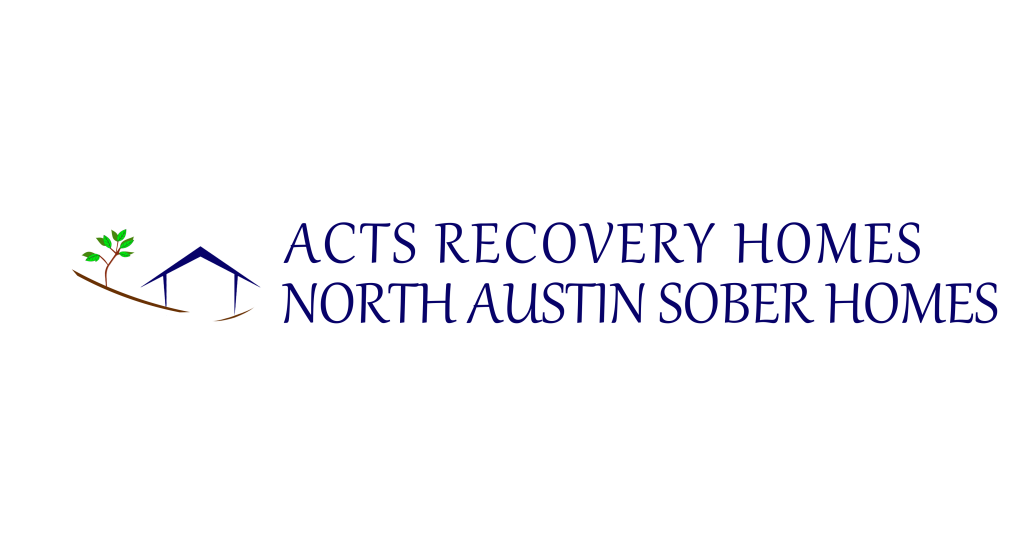Is Drug Addiction the same as Alcohol Addiction?

People generally dismiss alcohol addiction as a consequential disorder when compared to the more popular drug addiction. The misconception arises from the fact that the effects alcohol addiction is not as vilified or well documented as the effects of drug addiction in the media, for the simple reason that alcohol as a substance is legal if you meet the age requirement, and drugs are illegal no matter the age bracket you find yourself. Let us debunk this by defining the various terms and how they are different.
What is Addiction?
Addiction in a general sense is a brain disorder characterized by a severe dependence on a substance or behavior with the inability to stop despite the desire to stop. The dependence in most scenarios will push the individual to engage in harmful practices just to satisfy the toxic craving.
Understanding Drug Addiction and Alcoholism
Drug addiction is simply the psychological and physical dependence on medically prescribed drugs or illicit drugs like methamphetamine, LSD, heroin, cocaine and its likes. Alcoholic addiction also known as alcoholism is the uncontrollable urge to consume large amounts of alcohol regularly with the inability to manage drinking habits. Reading the above definitions, you can notice the similarity which is severe dependence characterized by the inability of the individual to stop regardless of the harm it poses. The only difference between drug and alcohol addiction is simply the substance the individual is addicted to.
Illicit drugs are universally frowned at while alcohol consumption is universally accepted as alcohol is sometimes taken in celebration. The distinction helps explain why society reacts differently to both forms of addiction.
Signs of Addiction
There are signs that are similar to both addictions that includes but not limited to:
Not truthful about the amount of substance consumed.
Erratic behavior.
Sudden mood swing.
Unable to hold down a job or employment for long.
Signs specific to alcoholics includes but no limited to:
Consuming alcohol at odd hours such as first thing in the morning or odd places like work or church.
Frequent consumption in large quantity.
Individual cannot function properly without it.
Avoiding situations where there is no alcohol.
Friendship changes; in company of heavy drinkers or friends that are heavy drinkers.
Hiding while drinking.
Hiding alcohol.
Effects of Both Drug and Alcohol Addiction
Drugs and alcohol addiction have a profound negative effect on the addict’s life that extends as emotional or/and financial strain to family, friends and even colleagues. The adverse effect cannot be overstated as it affects every sphere of the addict’s life –from destroying personal relationships, preventing the addict from keeping gainful employment, engaging in dangerous activities to feed the addiction and so much more.
Conclusion
Addiction is a very serious disorder that plagues and shakes society to its core. The adverse effect it has on an addict echo throughout the addict’s life affecting anyone that knows the addict. Addiction of any kind, be it to any substance or habit is harmful, and there is no addiction more serious or deadly than the other; all are simply addiction.
Addicts should be helped by any means necessary instead of being ostracized and abandoned. Individuals who have managed to kick their addiction through rehabilitation or other means should be surrounded by a support system that tries it best to shield the ex-addict from stressors that may lead to a relapse.
